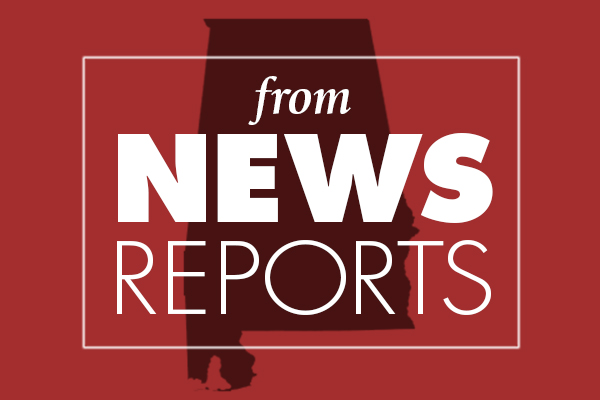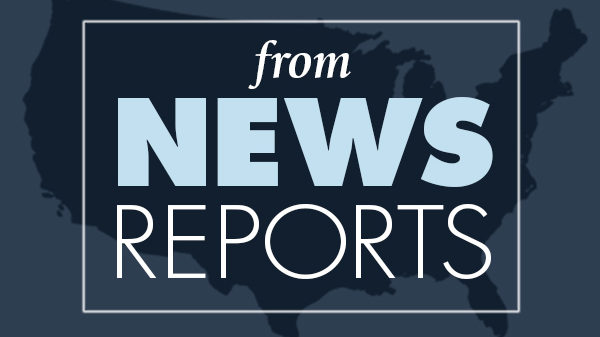The White House announced proposed rules Aug. 5 from nine federal agencies clarifying rights and responsibilities of faith-based and community organizations receiving taxpayer funds.
The proposals, which must pass through a 60-day period of public comment before being finalized, implement a 2010 executive order by President Barack Obama to reform the relationship between religious bodies and government entities. The order adopted recommendations made by the first President’s Advisory Council on Faith-based and Neighborhood Partnerships intended to strengthen the effectiveness, constitutional and legal footing of government contracts with faith-based providers of social services.
“The proposed rules clarify the principle that organizations offering explicitly religious activities may not subsidize those activities with direct federal financial assistance and must separate such activities in time or location from programs supported with direct federal financial assistance,” Melissa Rogers, director of the White House office of Faith-based and Neighborhood Partnerships, said in a White House blog post announcing the proposed rule changes. “For example if a faith-based provider offers a Bible study as well as a federally supported job training program, the Bible study must be privately funded and separated in time or location from the job training program.”
Rogers, a Baptist who once worked for the Baptist Joint Committee for Religious Liberty, said the rules also clarify that people who receive benefits supported by direct financial federal assistance cannot be discriminated against because of religious belief or be required to participate in any religious activities in exchange for receiving a social service.
Religious safeguards
They also include safeguards to ensure that religious organizations can compete fairly with secular nonprofits in qualifying for federal aid without surrendering their religious identity. Providers are entitled to use religious terms in their organizational names and include religious terms in their mission statements. The rules also set forth definitions for “direct” and “indirect” federal financial assistance, terms that have been a source of confusion for some providers in the past.
(BNG)





Share with others: